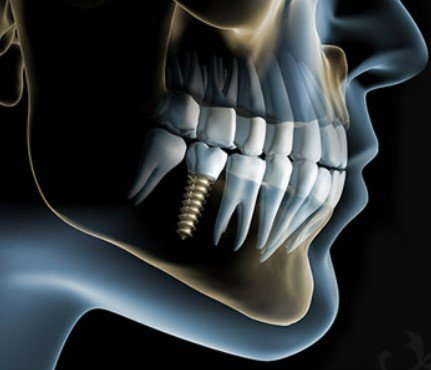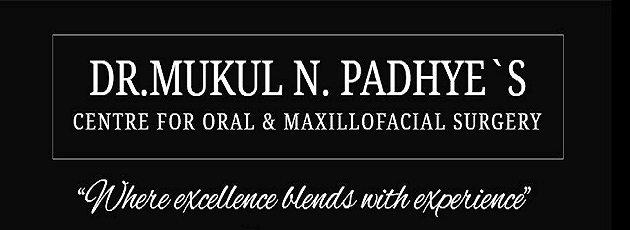








What is a tooth extraction?
A tooth extraction means having a tooth removed and is done for a variety of reasons. The decision to extract a tooth is typically made after a disease is discovered, a tooth suffers a traumatic injury, or crowding in the mouth exists.
What are oral and maxillofacial surgery?
Oral and maxillofacial surgery is surgery to treat many diseases, injuries, and defects in the head, neck, face, jaws, and the hard and soft tissues of the oral (mouth) and maxillofacial (jaws and face) region.
What does an Oral Surgeon treat?
Oral and maxillofacial surgery procedures include wisdom teeth removal, simple tooth extractions, reconstructive oral surgery, dental implants, treatment of oral infections, and the repair of facial, mouth, jaw, and tooth injuries.
What are wisdom teeth?
Wisdom teeth, also known as third molars, get their name by being the last teeth to erupt. Because eruption doesn’t happen until the age of 17 to 21, there are often problems because there is little room left in the mouth for the wisdom teeth.
The result can be wisdom teeth that erupt sideways or only partially erupt, becoming impacted.
What are the symptoms of impacted wisdom teeth?
Symptoms of impacted wisdom teeth typically included pain and swelling of the gum line and lower face. If left untreated infection is possible, only intensifying the pain. Regular appointments with a dentist/ oral surgeon should identify problems with wisdom teeth before they become significant.
Does everyone need their wisdom teeth removed?
Not every person needs to have their wisdom teeth removed. In fact, some people never develop wisdom teeth. Your dentist will be the best judge of what is right for you based on your regular examinations and dental X-rays.
Not having impacted wisdom teeth removed can lead to future problems like the shifting of nearby teeth (causing bite abnormalities), jaw issues, sinus problems, bone-destroying tumors or cysts, gum tissue problems, and a negative impact on orthodontic results for adolescents and troubles with dentures for the elderly.
How long is the recovery after wisdom teeth removal?
The recovery time after wisdom teeth extraction will vary from patient to patient. Generally speaking, it takes anywhere from a few days to one week for initial pain and swelling to subside. From there, the gums should be fully healed in about one month.
Dr. Padhye will provide instructions to assure as quick of a recovery as possible. This will include tips for dealing with swelling and medications to alleviate any pain and discomfort.
Why dental implants?
After a tooth extraction to fill the void left by the extracted tooth, Dental implants are superior to a dental bridge because they offer a permanent replacement tooth that looks and functions just like a normal tooth without damaging any of the other nearby teeth.
What are Dental Implants?
A dental implant is a titanium fixture that is implanted in the jaw. It can replace a single tooth or it can be a support for a bridge or a denture. Replacing missing teeth has always been a challenge for dentists, but fortunately, we have added another way to replace teeth that offers many advantages over conventional methods.
Dental implants allow a missing tooth to be replaced without altering or trimming down neighboring teeth that would serve as anchors for a bridge, or without relying on neighboring teeth that are not strong enough to support a bridge.
Partial dentures and full dentures can be supported or retained by implants so that the function of the denture is greatly improved.
Who is a candidate for dental implants
Anyone in reasonable health who wants to replace missing teeth. You must have enough bone in the area of the missing teeth to provide adequate anchorage for the implants. Most people today are potential candidates for dental implants to replace a single missing tooth, small bridges, or removable partial and full dentures.
What is the success rate of dental implants?
This depends on where the implants are placed and their function, as well as how well they are cleaned at home after they are completed. Most studies show success rates of at least 90%.
What type of sedation and anesthesia are used for oral and maxillofacial surgery?
Dr. Padhye will discuss the complete treatment plan prior to any procedure